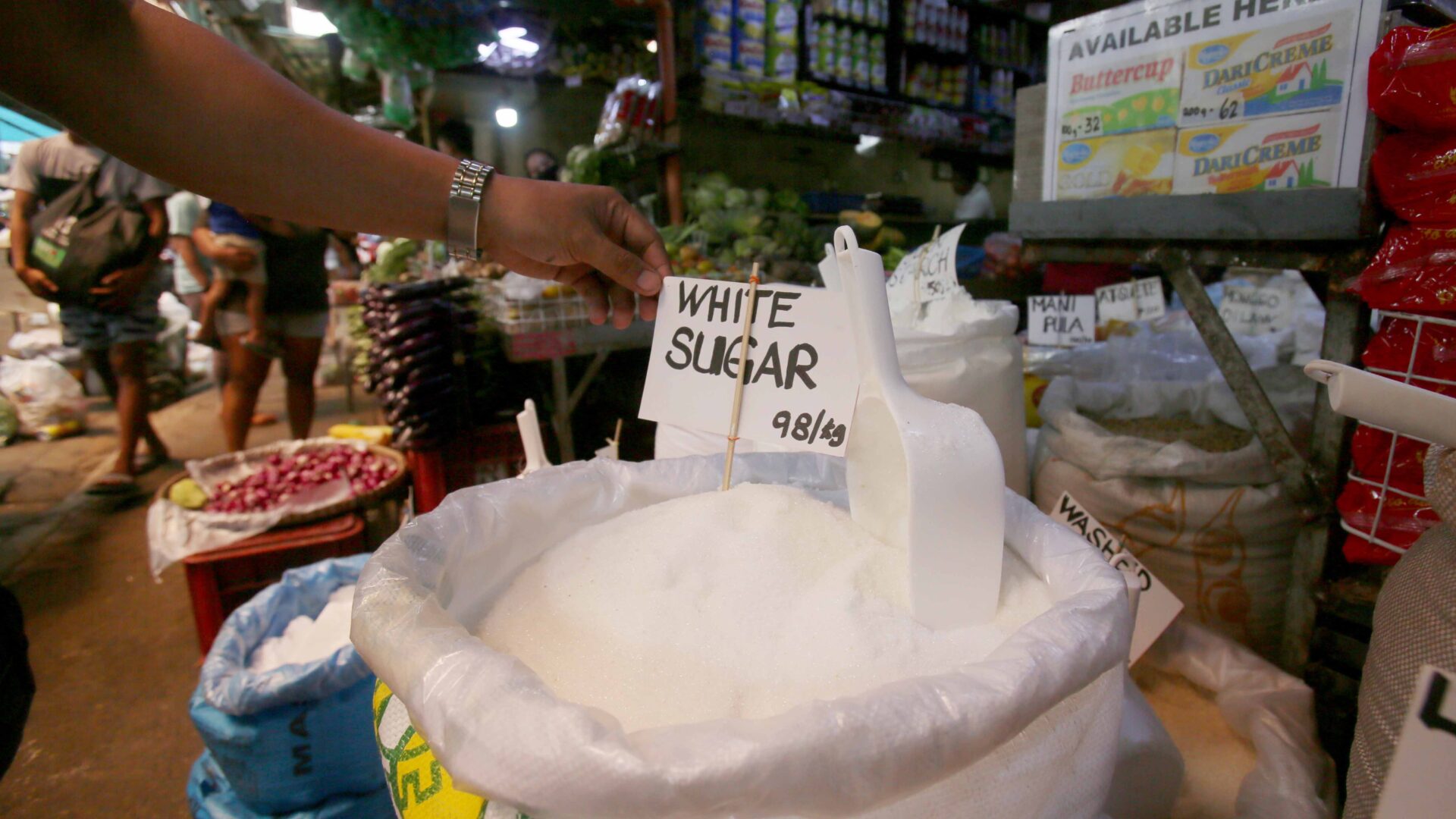After President Ferdinand Marcos Jr. said the likelihood of importing 150,000 metric tons of sugar in October when local supply is expected to dwindle, business organizations in the country extolled this as possibly resolving the scarcity of the commodity.
In an interview, Philippine Chamber of Commerce and Industry president George Barcelon stated that the move of the President is a welcome development.
“The new harvest will be around the 4th quarter. That would be a reference and basis if more importation is needed or not taking into consideration that consumption is higher in the holiday season,” Barcelon told the Daily Tribune.
Also, Go Negosyo chairperson Joey Concepcion maintained that Marcos Jr.’s decision for calibrated importation is seen to protect consumers and farmers.
“President Marcos Jr. is correct in his plan to import only a limited amount of sugar and only if local supply has been exhausted because this will protect the consumer and the farmer,” Concepcion said
Import when stocks run out
In his vlog, Marcos Jr. last 14 August, revealed that he will consider importing sugar only if current stock from local production and previous importations will be insufficient come October, adding that the quantity will be only as much as 150,000 metric tons, or half of the quantity put forward by the Sugar Regulatory Administration.
“The President’s approach will protect both the consumer and the farmer. Sugar is now P5,200 to P5,500 per sack and I have no doubt that at this level, consumers are going to be affected,” Concepcion said.
“But a calibrated importation of 100,000 to 150,000 metric tons — as the President is planning — will allow us to see if price levels will start to go down, and doing this at a gradual level will let us adjust as harvest season approaches, then adjust it again as production comes into full swing,” he added.
The Go Negosyo chairperson maintained that there is never a perfect solution, “but what you accomplish here is avoiding excessive swings in prices.”
Also in his vlog post, the President vowed against excessive importation, especially if there is adequate supply, but said that it may be necessary to keep goods affordable for consumers. He said that the importation strategy will also apply to rice, seedlings and animal feeds.
Reacting to this, Concepcion stressed that the importation plan that the President has directed is correct and can help the country achieve a more inclusive economy, and allowing small farmers to make a living.
The President also said that in meetings with different sectors of the agriculture industry, he discussed several issues that are now impacting food supply, including climate change and the rising cost of agricultural inputs. He also emphasized the importance of private sector and government cooperation in the sector.
“The DA is one of the most challenging jobs in government,” Concepcion said.
He shared that the private sector has already started to make recommendations in its planned Kapatid Angat Lahat Program, which aims to create linkages between big business and MSMEs to achieve inclusive growth for the Philippines.
Among the recommendations are rebuilding the agriculture value chain to make farming more viable as a livelihood, more use of data and science in agriculture especially in weather planning and soil analysis, addressing outdated policies and structural issues, and letting small farmers benefit from the scale, technology and best practices of big agricultural companies.
“Agriculture is key to the growth of the Philippines,” he said. “With private sector’s participation, a healthy agriculture industry will enable the country to better handle future food supply crises.”
